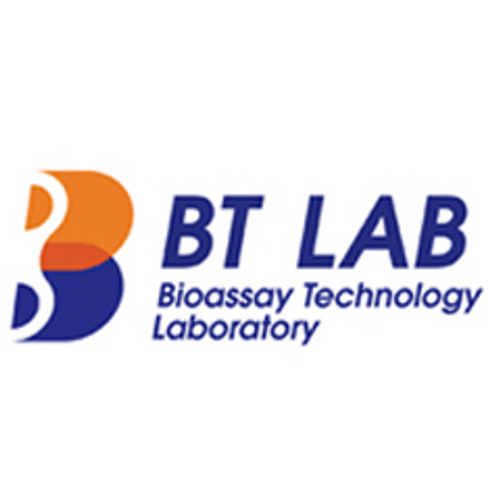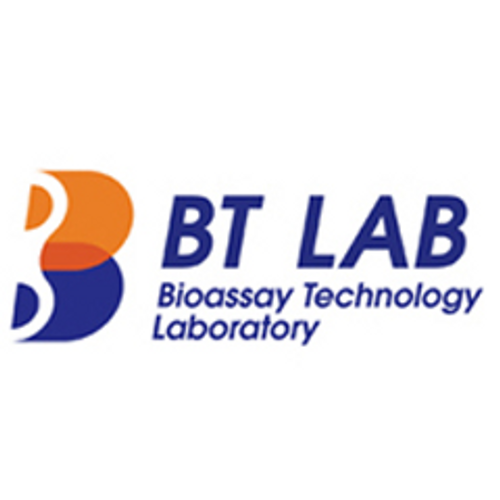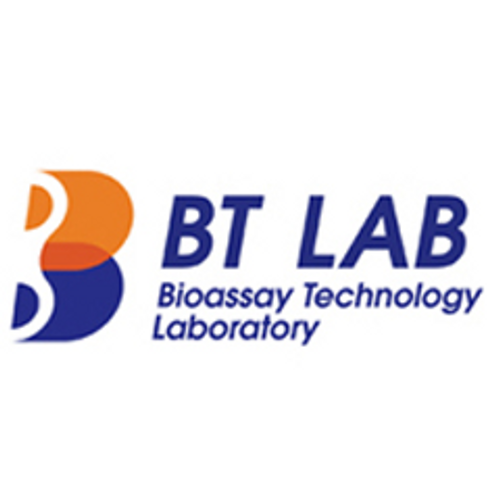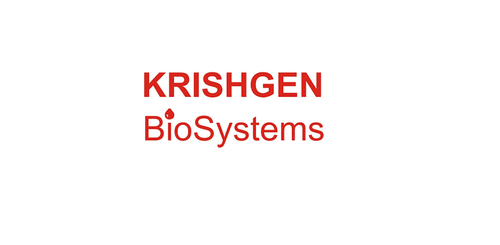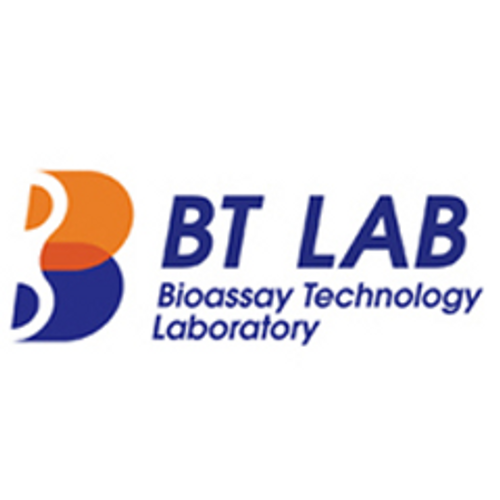Product Description
Human Total protein S (TPS) ELISA Kit | AE63198HU | Abebio
Species Reactivity: Human (Homo sapiens)
Abbreviation: TPS
Alternative Name: N/A
Application: ELISA
Range: 0.156-10 ng/mL
Sensitivity: 0.066 ng/mL
Intra-Assay: ≤4.1%
Inter-Assay: ≤7.2%
Recovery: 0, 94
Sample Type: Serum, Plasma, Other biological fluids
Detection Method: Sandwich
Analysis Method : Quantitive
Test Principale: This assay employs a two-site sandwich ELISA to quantitate TPS in samples. An antibody specific for TPS has been pre-coated onto a microplate. Standards and samples are pipetted into the wells and anyTPS present is bound by the immobilized antibody. After removing any unbound substances, a biotin-conjugated antibody specific for TPS is added to the wells. After washing, Streptavidin conjugated Horseradish Peroxidase (HRP) is added to the wells. Following a wash to remove any unbound avidin-enzyme reagent, a substrate solution is added to the wells and color develops in proportion to the amount of TPS bound in the initial step. The color development is stopped and the intensity of the color is measured.
Product Overview: TPS is the specific M3 epitope of TPA has been used as a prognostic parameter for some neoplasms since it was isolated in the serum or urine of some cancer patients.TPS is most frequently elevated in malignant tissues. Serum TPS levels not only reflect tumor mass but also tumor activity and are related with proliferation more than necrosis. Furthermore, elevated TPS levels can also be detected in some benign events such as liver failure, renal failure, gestati-on, generalized infection, and diabetes mellitus (DM) . TPS levels in cystic fluid, peritoneal fluid, and blood could be used as a marker for the management of ovarian mass.The value of serum TPS as a complement to CA 19-9 in the detection of pancreatic carcinoma was determined prospectively. TPS and CA 19-9 levels obtained at the time of diagnosis in patients suspected of having chronic pancreatitis or pancreatic carcinoma were evaluated in receiver operating characteristic (ROC) curve analysis.
Stability: The stability of ELISA kit is determined by the loss rate of activity. The loss rate of this kit is less than 5% within the expiration date under appropriate storage condition. The loss rate was determined by accelerated thermal degradation test. Keep the kit at 37°C for 4 and 7 days, and compare O.D.values of the kit kept at 37°C with that of at recommended temperature. (referring from China Biological Products Standard, which was calculated by the Arrhenius equation. For ELISA kit, 4 days storage at 37°C can be considered as 6 months at 2 - 8°C, which means 7 days at 37°C equaling 12 months at 2 - 8°C) .
 Euro
Euro
 USD
USD
 British Pound
British Pound
 NULL
NULL








